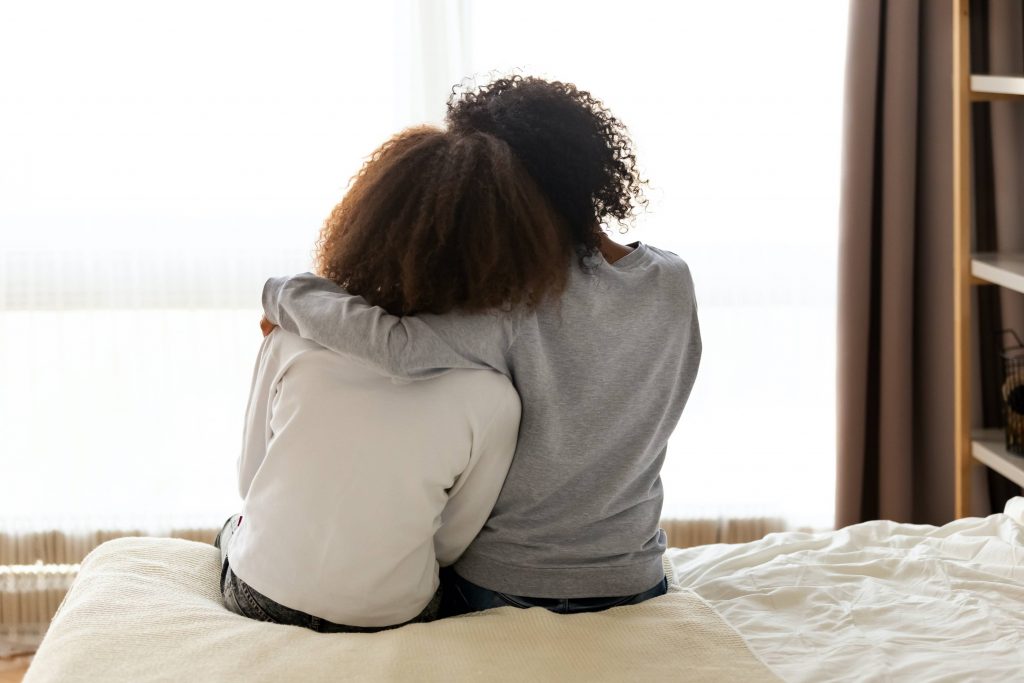Attachment Styles and Adoption Group
Attachment styles and adoption go hand in hand when it comes to therapy and treatment. With adoption, much of the time, adoptees can feel angry, frustrated, sad, and overall distant from their adoptive parents, even if the adoptive parents do everything “correctly.” To no fault of their own, adoptees can begin to develop unhealthy attachment styles towards their adoptive parents which can be difficult for the family to navigate.
Attachment Styles and Close Relationships
It’s important to remember that every adoptee is different and some may not experience these attachment styles at all, while others may struggle deeply with forming healthy relationships. At Eva Carlston, we typically see four attachment styles:
- Secure attachment
- Avoidant attachment
- Ambivalent attachment
- Disorganized attachment
These tendencies are typically learned as children from our primary caregivers and affect how we form attachments into adulthood. At Eva Carlston, many of our wonderful adoptees have been seen struggling with “my parents don’t understand why this is so hard.” and “my biological parents didn’t want me.” Having these thoughts and feelings are normal for adoptees and can have a life-long impact on relationships if not helped early on.
Due to having these feelings of doubt about their place in the world and who “wants” them, adoptees begin to form unhealthy attachments to their adoptive parents, siblings, or close friends. It can begin to look like emotional isolation, overcompensating, low self-esteem, difficulty finding safety, or detaching too quickly (they need to break it off before the other person does).
At Eva Carlston, we address these challenges head-on and validate the adoptee’s existence. They do matter, and it’s important to reinforce this ideology in their heads. Additionally, it’s equally important to empower the adoptive parents and make sure they know that this is not their fault. Encouraging the adoptee to come to a point of recognizing their stresses and fears of relationships, can better prepare them to interact with their adoptive parents, their feelings of abandonment, and future friendships/romantic involvements.
Talking About Adoption Matters

In Eva Carlston’s adoption group, we let the students decide what they would like to talk about and regularly check in with how they are feeling throughout the group. Our clinicians have created a supportive and safe adoption group for adoptees to come together and discuss the triumphs and endeavors they’ve experienced.
One of the many topics that come up in our adoption group is the barrier between cultures. Cultural differences that adoptees face are very difficult and can range from “Am I Latinx/Black enough?” to stereotypes from peers. Our Clinical Director, Sue Hoffman, encourages students to set their own boundaries and define for themselves what their cultural identity is.
In the adoption group, many students are encouraged to create a “boundary statement,” teaching them that they don’t have to share if they don’t want to, taking back the power in their story, and being in charge of their own narrative.
Talking about how their adoption affects their relationships and providing psychoeducational material for the students to learn about can greatly affect their confidence in themselves and their adoption. Processing these emotions helps them to forgive their triggers and comprehend their attachment styles.
By being perceptive and compassionate towards themselves in the adoption group, therapy sessions, or conversations with their parents, they are able to take the pressure of their adoption off of their shoulders. At Eva Carlston, we strongly encourage our adoptee students to take the time to appreciate their stories and know their worth.
2 comments
Comments are closed.
Call: 801-449-0089
Address: 4943 S Wasatch Boulevard, Salt Lake City, Utah 84124

I was adopted, I didn’t really have all the problems that you talk about in this article. But one thing that was really tough for me was finally meeting my birth mom. I’m grateful for my therapist who helped me sort that out.
That must have been such a powerful moment for you! We are so happy that you had the support to do that.